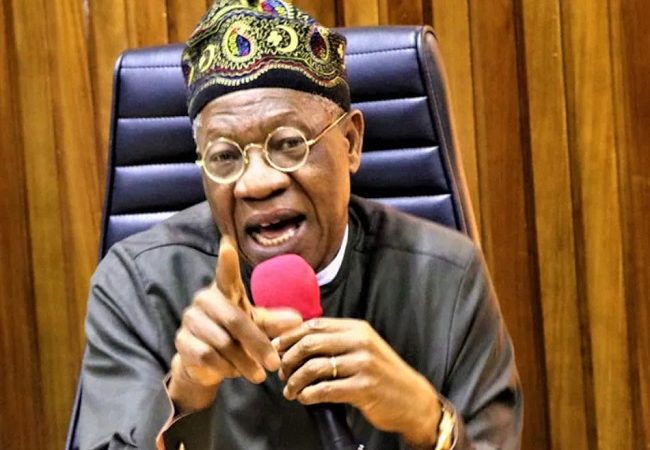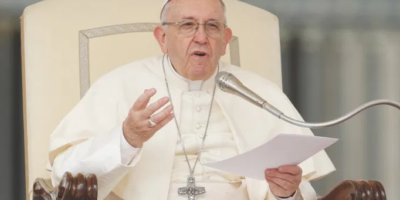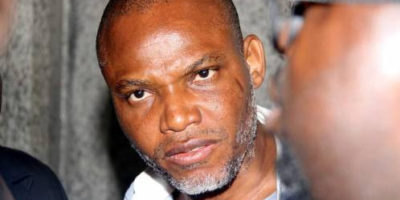IPC Expresses Worry Over FG’s Threat To Sanction BBC, Trust TV

The International Press Centre (IPC), Lagos, has expressed worry over the threat by the federal government to sanction the BBC and Trust TV, owned by the Media Trust Limited, the publishers of Daily Trust Newspapers, for airing documentaries, which allegedly glorify and fuel terrorism and banditry in Nigeria.
In a statement issued yesterday by the IPC Programme and Safety Desk Officer, Melody Lawal, the organisation described as preposterous and indefensible for the government to have hastily concluded that appropriate sanctions would be meted out to both platforms.
The Minister of Information and Culture, Mr Lai Mohammed, on July 28, 2022, said,
the federal government was aware of the unprofessional documentary by the BBC Africa Eye, where interviews were granted to bandit warlords and terror gangs, thereby allegedly promoting terror in the country.
The minister also condemned Trust Tv for using its platform to grant an interview to a bandit, Shehu Rekeb, thereby allegedly promoting the activities of terrorists.
IPC, however, said while it was appropriate for the government to complain against any news report it finds offensive,
it is preposterous and indefensible that the same government will hastily conclude that “appropriate sanctions would be meted out to both platforms.
According to IPC Executive Director of IPC, Mr Lanre Arogundade, “it is trite law that Mr Lai Mohammed, who is also a lawyer, cannot be the accuser, prosecutor and judge in the matter at hand.
Rather than proclaim the media houses guilty, the minimum standard of expectation is that the federal government would develop a petition and dispatch same either to the concerned media or to appropriate regulatory bodies for intervention and wait for them to act.
Arogundade said the threat by the federal government to sanction BBC and Trust Tv could be interpreted as an attempt to stifle information flow in the country.
This threat is an attempt among several others by the government to suppress information flow from the media. Sanctioning media organisations for granting interviews to bandit warlords on issues that have to do with the security challenges facing the country is also a subtle attempt at suppressing the rights to information,
he added.
While we are all affected by the spate of insecurity in the country, credible information is equally key towards getting to the root cause of the worrisome development. However, what this threat aims to achieve is to make the media a one-faced channel of information where it is only permitted to give perspectives from government sources; this is inconsistent with the journalistic practice of engaging in balanced coverage and providing balanced information to citizens,
Arogundade stated further.IPC emphasised that the fundamental rights of freedom of expression by citizens and media freedom should be guaranteed and respected and the government should not dictate how the media should present its report to the public.

Justin Nwosu is the founder and publisher of Flavision. His core interest is in writing unbiased news about Nigeria in particular and Africa in general. He’s a strong adherent of investigative journalism, with a bent on exposing corruption, abuse of power and societal ills.













